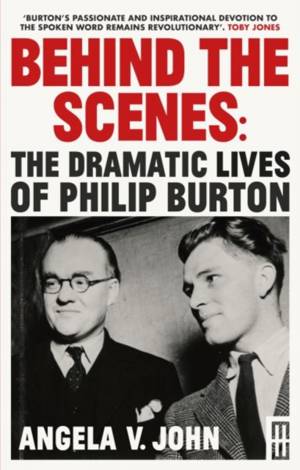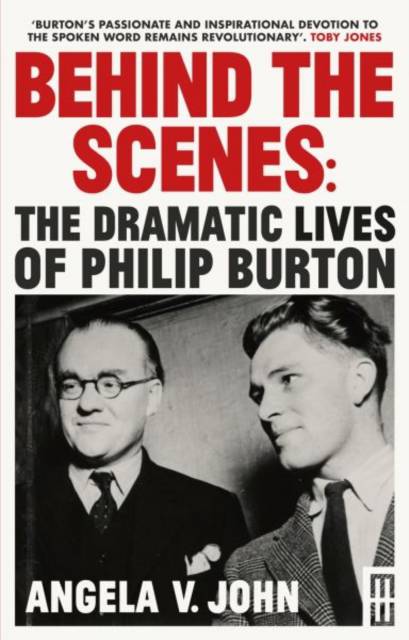
- Afhalen na 1 uur in een winkel met voorraad
- Gratis thuislevering in België vanaf € 30
- Ruim aanbod met 7 miljoen producten
- Afhalen na 1 uur in een winkel met voorraad
- Gratis thuislevering in België vanaf € 30
- Ruim aanbod met 7 miljoen producten
Zoeken
Omschrijving
Philip Burton (1904-95) is best remembered as the schoolmaster responsible for training and transforming his pupil Richard Jenkins into Richard Burton, world- famous star of stage and screen. Together they produced a remarkable symbiosis. The stage-struck Philip Burton was present behind the scenes for the rest of the actor's life, intervening at crucial moments to ensure consummate stage performances in, for example, Coriolanus, Hamlet and Camelot. This biography, drawing upon a number of previously unseen sources, provides a fresh angle on this compelling story.And by placing Philip Burton's story centre stage, a remarkable figure also emerges in his own right. In a life that virtually spanned the twentieth century, he demonstrated resilience and transatlantic triumph against the odds.Like his best-known proté gé, he was born into an impoverished South Wales mining family. Alongside teaching, he acted, wrote and produced plays and in 1945, with wireless at its height, he became a BBC radio producer. He worked on almost 200 radio programmes, encouraging newcomers and producing work by Dylan Thomas. He wrote scripts for the fledgling television and penned its first ' soap.' Reinventing himself in the mid-1950s, Philip Burton moved to the United States where, after dabbling in the film industry and working as a theatre director, he became the inspirational first director of the American Musical and Dramatic Academy in New York. He took American citizenship and travelled across the States, delivering sparkling Shakespearean lecture-recitals. He published five books, living in Key West, Florida from the 1970s. Philip Burton died in 1995 aged ninety
Specificaties
Betrokkenen
- Auteur(s):
- Uitgeverij:
Inhoud
- Aantal bladzijden:
- 350
- Taal:
- Engels
- Reeks:
Eigenschappen
- Productcode (EAN):
- 9781914595738
- Verschijningsdatum:
- 5/03/2026
- Uitvoering:
- Hardcover
- Formaat:
- Genaaid
- Afmetingen:
- 133 mm x 216 mm
- Gewicht:
- 548 g

Alleen bij Standaard Boekhandel
+ 55 punten op je klantenkaart van Standaard Boekhandel
Beoordelingen
We publiceren alleen reviews die voldoen aan de voorwaarden voor reviews. Bekijk onze voorwaarden voor reviews.







